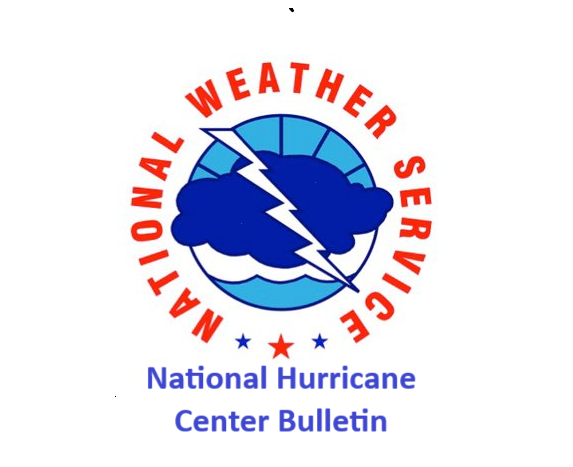000 WTPZ45 KNHC 260235 TCDEP5 Tropical Storm John Discussion Number 13 NWS National Hurricane Center Miami FL EP102024 900 PM CST Wed Sep 25 2024 An Air Force Reserve Hurricane Hunter Aircraft just finished its investigation of Hurricane John and found that the central pressure has dropped to 984 mb. Dropsonde data and SFMR data support an intensity of 55 kt, which is also the average of the latest TAFB and SAB intensity estimates. Satellite imagery shows a very large area of very cold cloud tops. Based on the available data, the initial intensity is increased to 55 kt. Based on fixes from the Air Force plane, the initial motion is estimated to be northwestward, or 325/4 kt. The model guidance has made a big shift to the west on this cycle, which makes sense since John has been moving significantly to the west of the previous NHC forecast track. The new NHC track forecast has been shifted well to the west, and currently lies slightly to the east of the latest track consensus aids. The westward shift to the track has necessitated the Hurricane Warnings to be shifted farther west along the coast of Mexico. The new forecast shows landfall occurring about 40 to 50 miles farther to the west compared to the previous official forecast, with the forecast landfall now well to the west of Lazaro Cardenas later Thursday night. It should be noted that there is still quite a bit of uncertainty in the track forecast. Hurricane John is currently located over 31C sea-surface temperatures, which is extremely warm. The hurricane is also in a moist environment and appears to also have a favorable upper-level wind environment. Both the GFS-SHIPS and the ECMWF-SHIPS Rapid-Intensity-Index shows a very high chance of rapid intensification over the next 24 hours. The new NHC intensity forecast has been increased significantly from the previous official forecast, and lies near the high end of the latest intensity guidance suite. Given the extremely favorable environmental conditions, it wouldn't be surprising if further increases to the intensity forecast are needed on subsequent forecasts. Although this forecast shows dissipation by hour 60, there is a chance that John could survive a bit longer, moving west-northwestward near the coast of Mexico. It cannot be emphasized enough that catastrophic life-threatening flash flooding and mudslides are expected to continue through the end of the week for portions of the Mexican States of Guerrero, Oaxaca and Michoacan. KEY MESSAGES: 1. Tropical Storm John will bring additional very heavy rainfall to coastal portions of southwest Mexico through Friday. The additional rainfall totals will be falling across areas that have received very heavy rainfall amounts over the past few days. This heavy rainfall will likely cause significant and catastrophic life-threatening flash flooding and mudslides to the Mexican States of Guerrero, Oaxaca and Michoacan. 2. John is forecast to strengthen to a hurricane before landfall, and the Hurricane Warning has been extended westward along the coastline of southwestern Mexico, where tropical storm conditions could begin within the next few hours. Tropical Storm Warnings are also in effect for portions of the area. FORECAST POSITIONS AND MAX WINDS INIT 26/0300Z 17.0N 102.1W 55 KT 65 MPH 12H 26/1200Z 17.3N 102.3W 65 KT 75 MPH 24H 27/0000Z 17.7N 102.5W 80 KT 90 MPH 36H 27/1200Z 18.1N 102.7W 70 KT 80 MPH...INLAND 48H 28/0000Z 18.4N 103.2W 30 KT 35 MPH...INLAND 60H 28/1200Z...DISSIPATED $$ Forecaster Hagen
Source link


